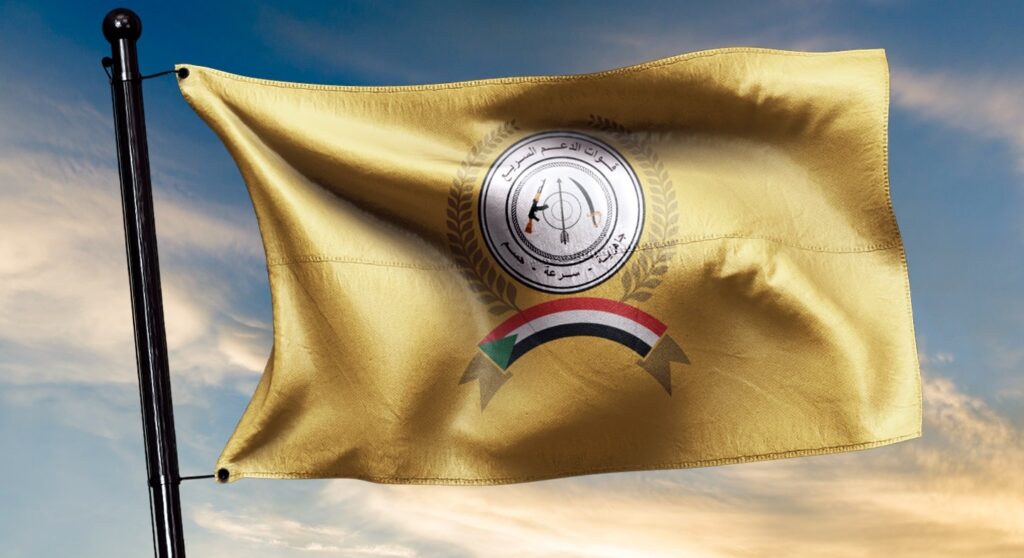
The Sudanese pound has plunged nearly two-fifths after a de facto UAE flight embargo disrupted the nation’s crucial gold trade.
The army depends on UAE gold exports for hard currency but accuses the Emirates of backing rival Rapid Support Forces.
The UAE, denying support for the RSF, halted all commercial flights from Port Sudan in early August, curbing Sudan’s main trade route.
Shipping traffic through UAE ports was also stopped, according to shipping notices and multiple industry sources familiar with operations.
Legal gold exports from army-controlled areas dropped sharply, driving the pound from 2,200 to 3,600 per dollar, traders reported.
Before April 2023, the currency was worth 600 per dollar, highlighting the war’s devastating economic impact on Sudan.
UAE authorities, the world’s second-largest gold hub criticized Burhan’s propaganda.
Sudan exported nearly 90% of its legal gold, roughly 8.8 tonnes, to the UAE in the first half of 2025.
These exports generated almost $840 million, funding vital imports such as fuel and wheat, prices for which soared after August.
Traders claim that smuggled gold, four times larger than official exports, also flows through UAE channels, benefiting both SAF and RSF factions.
US sanctions dating to the 1990s left Sudan heavily dependent on UAE banks, with Dubai Islamic Bank and Abu Dhabi branches facilitating major transactions.
Alternative markets in Qatar, Oman, Egypt, and Saudi Arabia have been explored but failed to replace UAE trade, experts say.
The embargo has pushed smuggled gold through Egypt, ultimately enriching the UAE, while some legal exports are diverted via Qatar and Oman.
Analysts warn Sudan’s economic reliance on the UAE exposes the fragility of trade under continuing civil war, leaving the pound vulnerable to future shocks.




